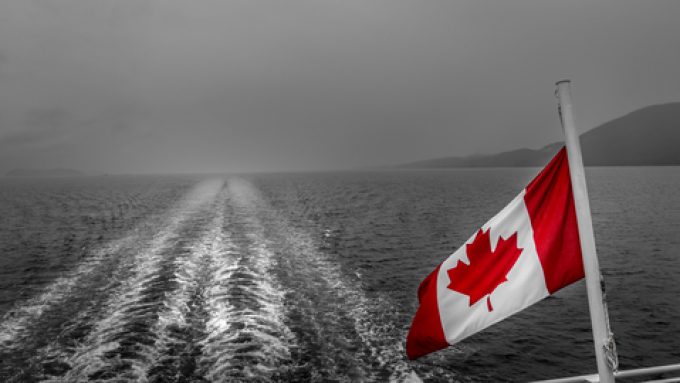CMA CGM South Korean staff strike over bonuses after bumper 2024 profit
CMA CGM’s employees in its South Korea office have gone on strike for increments and ...

Due to the fluidity of the situation unfolding on Canada’s west coast, it’s safe to say that plotting expectations for which vessels will realistically be given a berth over the course of the next week has become an increasingly difficult task.
Whether or not the ...

Comment on this article